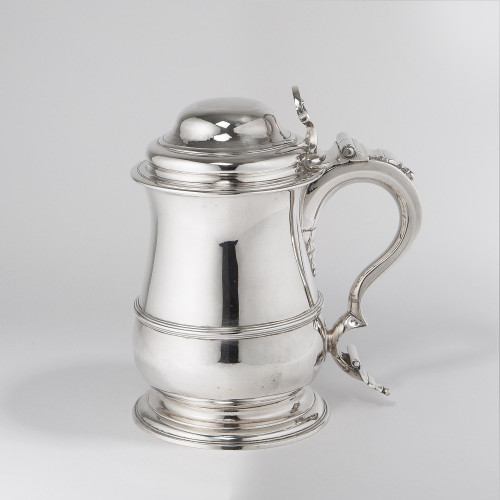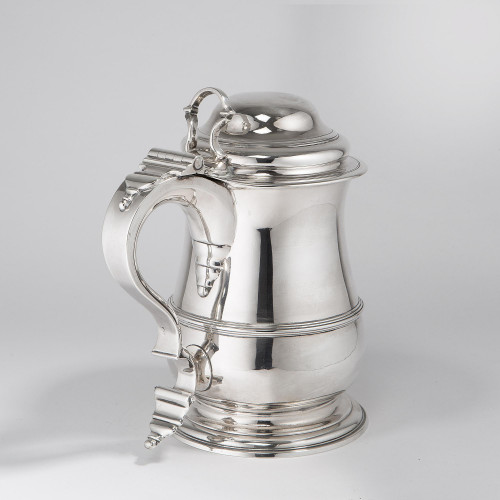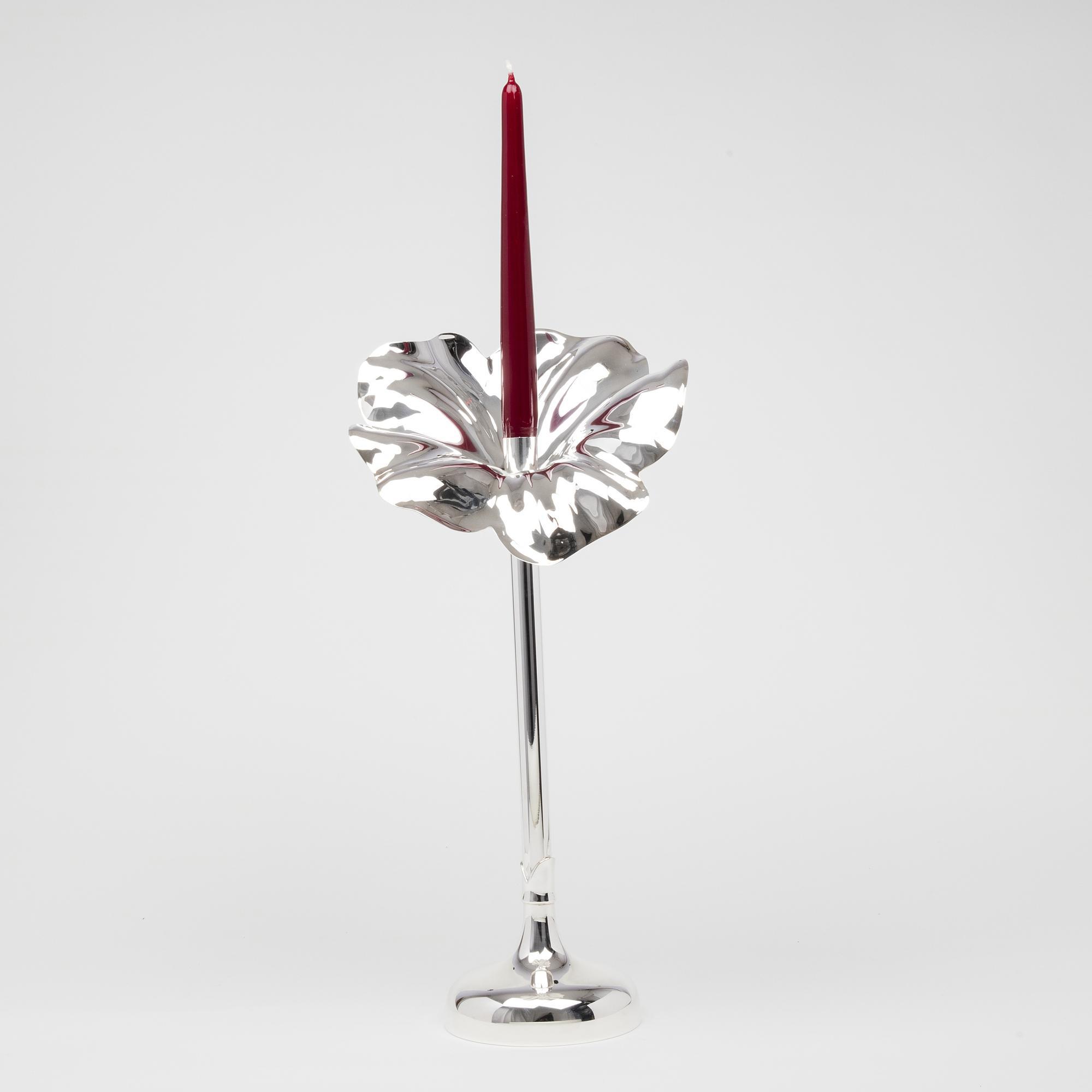- Home
- Dining & Serving
- Napkin rings
- Victorian silver napkin ring
Victorian silver napkin ring
Victorian silver napkin ring
6788
Highly decorative antique silver napkin ring of cast and opework construction, profusely decorated with flowerheads and foliage and bordered with a delicate bead pattern.
It is said that silver napkin rings emerged at the start of the 19th century in France and rose in popularity among the European bourgeoisie from 1800. Few Georgian silver napkin rings remain so the vast majority of antique silver napkin rings found today were made after 1850.
Their primary purpose was one driven by hygiene. Napkins were not washed every day so a personalised napkin ring would assign a particular napkin to an individual. Curiously, etiquette ensured that guests were never presented with a napkin ring; it would imply they had been given a previously used napkin.
Typically made in pairs or sets of four, six or 12, silver napkin rings provided an extra opportunity to decorate the dining table and silver was the perfect material. (Incidentally, silver also has antiseptic properties.) Silver's malleability meant it could be fashioned into different forms and embellished in fine detail to produce some very fine examples reflecting the styles and fashions of the day; from the simple to the very elaborate displaying intricate chased designs and stylised engraving.
Not all napkin rings were circular. Square, elliptical and hexagonal examples are not uncommon, while figural silver napkin rings were very popular in America, depicting all sorts of forms including dogs, cats and horses.
Sometimes referred to as a christening bangle, from their arrival, napkin rings have traditionally been a popular christening gift, and for weddings too.
Dimensions:
1894
Birmingham
Excellent
Thank you for your enquiry.
We will get back to you soon.
Please create wishlist to add this item to
YOU MIGHT ALSO LIKE
























